Supply Chain
Basic Policy
The food supply chain, which starts with agricultural, livestock, and fishery production, has been greatly affected in recent years by climate change, conflicts between countries, infectious diseases, and other factors, raising the question of how to ensure a stable supply. Moreover, the entire supply chain must share a commitment to reducing environmental impact and addressing social issues such as illegal labor and violations of human rights. Together with its suppliers, the Group will address these requirements to realize a sustainable supply chain through environmentally and socially responsible procurement.
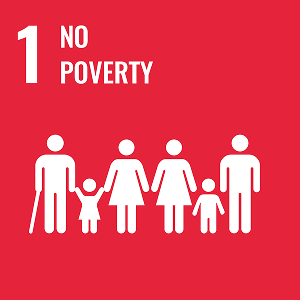
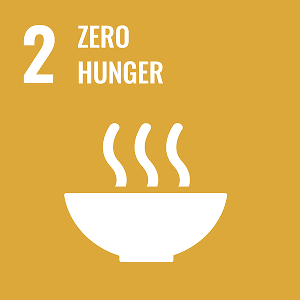
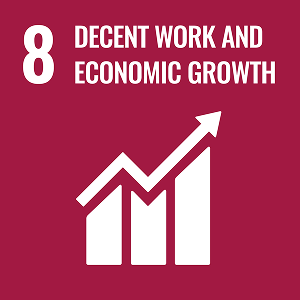
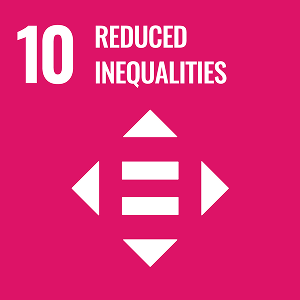
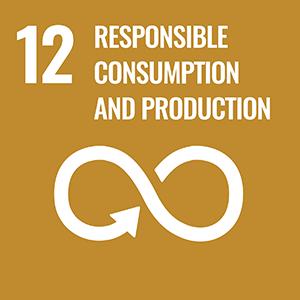
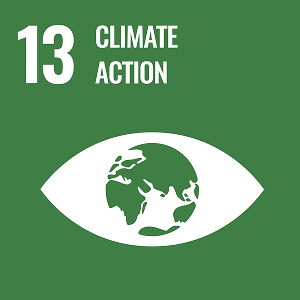
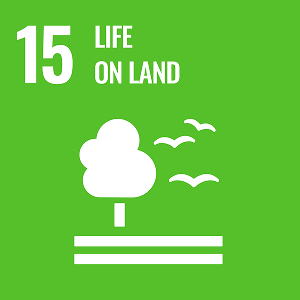
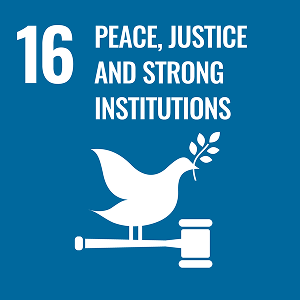
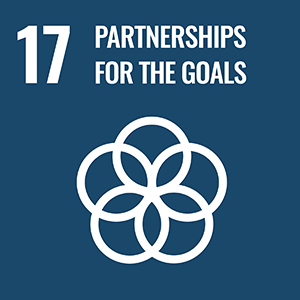
| Risks | Opportunities |
|---|---|
|
|
KPI
| KPI setting | FY2023 result | FY2024 result | FY2027 target | FY2029 target |
|---|---|---|---|---|
| Auditing of suppliers (Build a supply chain with consideration given to the environment and human rights) |
86% | 92% | 93% | 97% |
Examples of Activities
Basic Policy of Procurement
The Product Department in the Group Product Division handles all procurement functions for food ingredients for the Group's businesses in Japan. This is done to reduce procurement costs and increase operational efficiency, as well as to maintain stable procurement and ensure the quality and safety of food ingredients.
Procurement Policy
To build a sustainable supply chain, we will conduct secure procurement in compliance with the following policy. We will also ensure that our suppliers and employees are aware of the policy and put it into practice.
- Procuring safe food ingredients in compliance with our quality control standards
- Building good relationships that will enable both suppliers and the Group to earn reasonable profits
- Improving quality and safety through communication between our employees and growers
- When selecting suppliers, the Group Product Division interviews them about their responses to illegal labor, human rights violations, and labor issues in the supply chain. It also ensures that suppliers are aware of the Group's policies on and approaches to human rights, and, after trading has commenced, conducts inspections based on an assessment checklist.
- We share our approaches to sustainability and our materiality with suppliers, in our aim to establish co-creation and build a sustainable supply chain with suppliers that are able to empathize and engage with those approaches.
Supplier Audits
- Our buyers regularly visit our suppliers' manufacturing plants to collect day-to-day information and conduct periodic plant inspections. These visits also involve the confirmation, evaluation, and instruction of food safety processes. The results of these activities are documented, saved, shared with suppliers, and used to drive improvement initiatives.
- In audits, an assessment checklist is used to evaluate the environment of the supplier's plant, the processes for finished products and ingredients, and other matters, to determine if the supplier is able to achieve a sustainable, stable supply while ensuring standards management and safety consistently at all stages from planning and procurement to consumption.
- The scope of audit activities and matters for checking are updated every year. For matters related to environmental and social issues and CSR, we have endeavored to share information and improve CSR matters through questionnaires. For the enhancement of co-creation with suppliers, we have formulated supplier sustainability action guidelines and added CSR-related items to the matters for audit, in our aim to build a sustainable supply chain.
- We collect as much information as possible about the state of employee management, consideration of human rights, pollution control, and antisocial behavior at all of our suppliers. We plan to include these matters into the matters for audit on the assessment checklist in the future.
- The results of food hygiene inspections are confirmed in cooperation with the Quality Control Division.
- For CSR audits of overseas suppliers, instead of making judgments based only on local laws, customs, and current conditions, we also check against international standards and the laws and customs in Japan related to the matters in question.
- If a supplier audit reveals any nonconformities or serious violations, upon confirmation of the facts, the supplier concerned will be asked to take corrective actions. If those corrective actions are not taken, we will respond accordingly, including reviewing our business with that supplier.
Education and Training of Buyers
- New buyers are given basic knowledge through practical plant training and hygiene training based on a prescribed curriculum.
- All buyers are educated on safety and security through guidance by the quality control department. We also conduct training on environmental and social issues and on amendments to laws and regulations as necessary.
- When buyers call on suppliers, they conduct on-site checks through hands-on training accompanied by the Quality Assurance Department.
- Purchasing department staff comply with laws and regulations and with industry agreements and standards. They make efforts to gather information from the relevant government agencies, industry bodies, and suppliers. They also establish and revise management methods by sharing information with relevant departments in the Group, including the Quality Assurance Department.
- With the full recognition that, based on social conventions, the Group is in a superior position to its suppliers, we strive to establish fair, reasonable, and transparent business relationships, to ensure that our suppliers do not gain the mistaken impression that they have entered into unfair business dealings.
- As a part of our quality control, buyers conduct inspections of production sites to ensure that livestock production is not being conducted in poor conditions. We will continue to work closely with our suppliers to ensure that animals reared for our services enjoy a high level of welfare and are reared using the correct methods. To this end, the Group advocates and promotes the globally-recognized Five Freedoms of animal welfare.
Cooperation with External Organizations
- To reduce our environmental impact and solve social issues, in addition to actively collecting information on innovative initiatives in Japan and overseas, we engage in seminars and other activities in cooperation with companies in other industries.
- The Group participates in the Safety and Security Committee hosted by the Japan Foodservice Association.
- We participate in the White Logistics Movement, which aims to eliminate drivers' long working hours and heavy workloads. We are pursuing various initiatives, such as logistics improvement proposals and collaborations, order volume leveling, and consideration of legal compliance.
- For the improvement of logistics, the Group serves as a mediator to encourage cooperation among shipping companies, as well as using in-house drivers for irregular deliveries. These efforts are leading to lighter workloads and to the improvement of operational efficiency. We also provide support for recruitment of drivers.